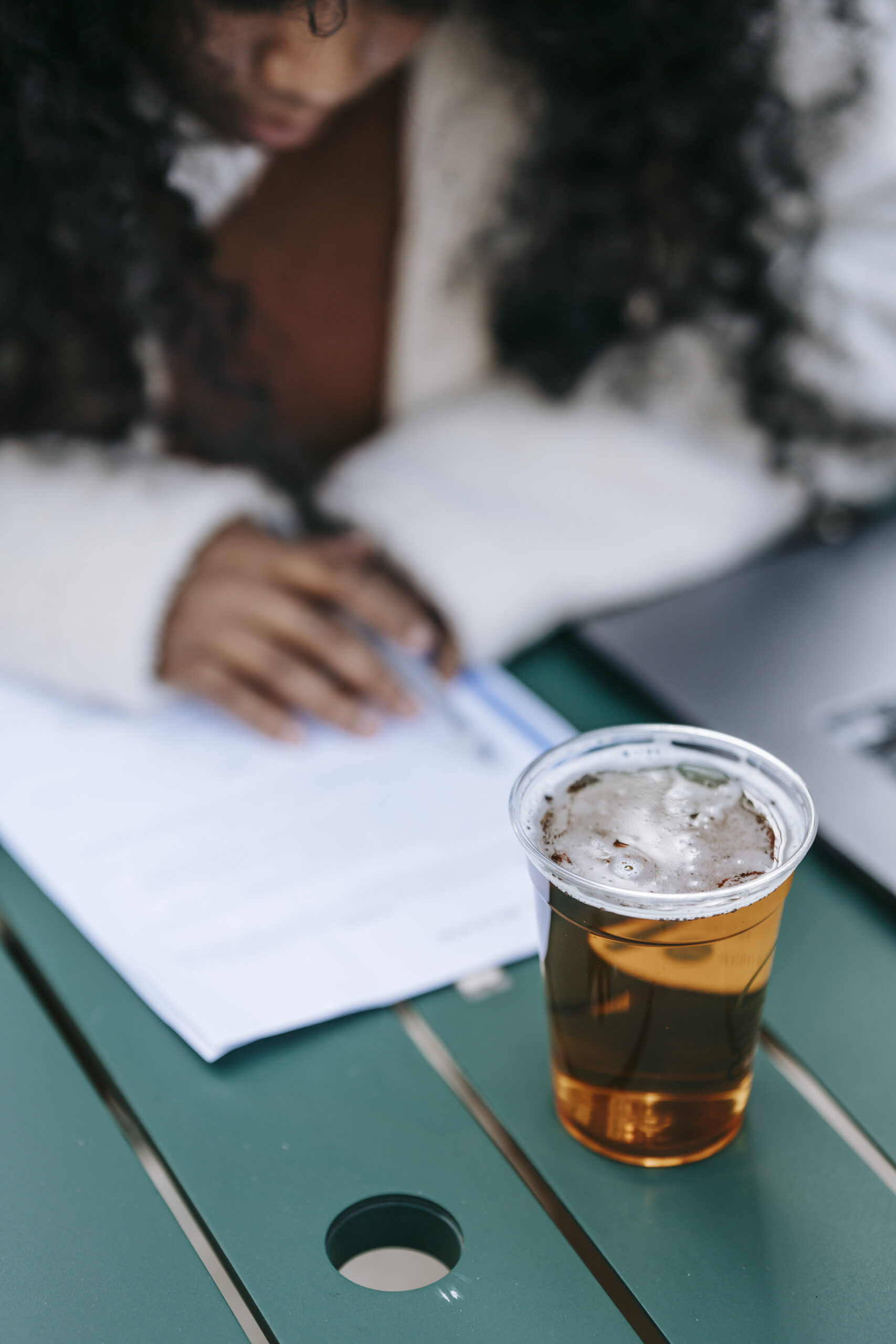Can I drink alcohol while taking Ranitidine?
Title: Can I Safely Enjoy Alcohol while Taking Ranitidine?
Introduction:
When it comes to medications, it’s natural to wonder about potential interactions with other substances. One common question that arises is whether it’s safe to consume alcohol while taking a particular medication. Today, we will explore the topic of drinking alcohol while on Ranitidine, a commonly prescribed medication for acid reflux and other related conditions. Let’s delve into the details and find out whether you can enjoy a drink or two while taking this medication.
Understanding Ranitidine:
Ranitidine belongs to a class of medications called H2 blockers. It works by reducing the production of stomach acid, alleviating symptoms such as heartburn and acid indigestion. Often prescribed over-the-counter or in higher doses by a healthcare professional, Ranitidine provides relief to individuals suffering from conditions like gastroesophageal reflux disease (GERD) and gastric ulcers.
Possible Interactions between Alcohol and Ranitidine:
While Ranitidine does not directly interact with alcohol in a harmful manner, it’s important to consider certain factors. Alcohol itself can irritate the lining of the stomach, leading to increased acid production and exacerbating symptoms like heartburn. Drinking alcohol can counteract the beneficial effects of Ranitidine and potentially worsen acid reflux symptoms.
Additionally, alcohol can also irritate and inflame the esophagus, increasing the risk of esophagitis, a condition characterized by the inflammation of the esophageal lining. Combining alcohol with Ranitidine may enhance this risk or hinder the medication’s ability to heal an existing esophageal irritation.
Moderation is Key:
If you’re on Ranitidine but still want to enjoy an occasional drink, moderation is key. It’s advisable to limit alcohol consumption to moderate levels, keeping in mind the recommended guidelines established by health authorities. For adults, moderate alcohol consumption typically means up to one drink per day for women and up to two drinks per day for men, according to the Centers for Disease Control and Prevention (CDC).
Monitoring Your Symptoms:
It’s essential to closely monitor how alcohol consumption affects your acid reflux symptoms while taking Ranitidine. If you notice an increase in heartburn, indigestion, or other related discomfort after drinking alcohol, it may be wise to avoid or limit your alcohol intake. Remember, everyone’s tolerance and sensitivity towards alcohol and medication can vary, so it’s crucial to listen to your body and consult with your healthcare provider if you have any concerns.
Consulting Your Healthcare Provider:
As always, it’s best to consult your healthcare provider or pharmacist for personalized advice regarding your specific condition and medication regimen. They can provide insights tailored to your particular needs, considering factors such as your overall health, alcohol tolerance, and any other medications you may be taking concurrently with Ranitidine.
Conclusion:
While drinking alcohol in moderation may be acceptable for some individuals on Ranitidine, caution is advised. Alcohol can potentially worsen acid reflux symptoms and interfere with the healing process of the esophagus. It’s important to pay attention to your body’s response and make informed decisions about consuming alcohol while taking Ranitidine. Remember, your healthcare provider is always the best source of guidance when it comes to your health and medication interactions.



